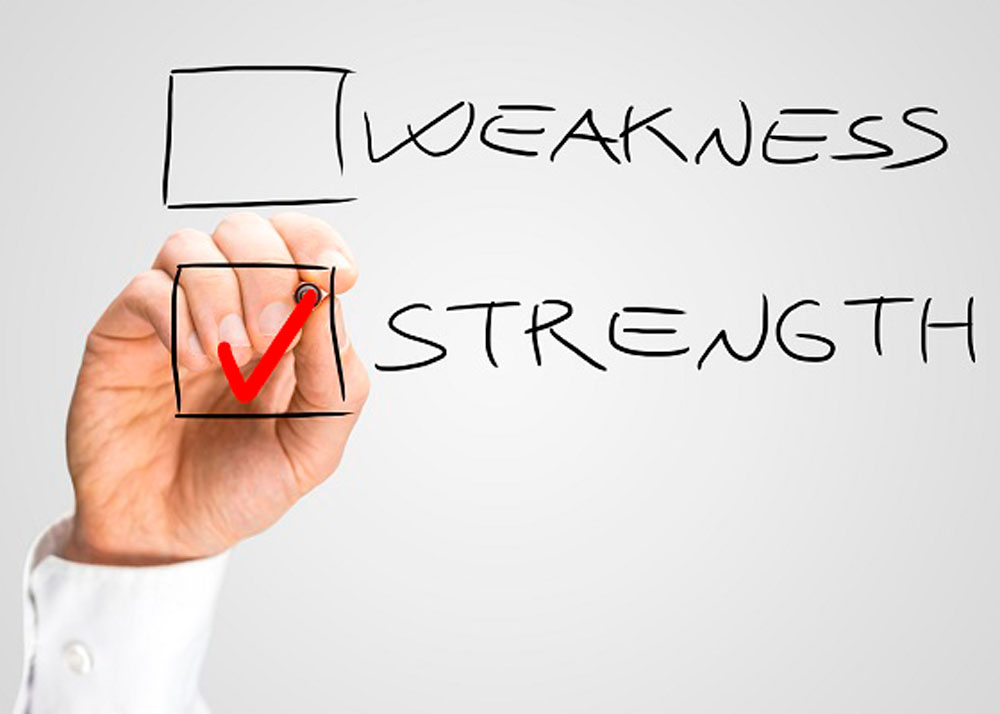Open source software seems to be coming up a lot again lately. Various people are asking about how to implement open source, who to go to for open source, etc. When I ask them why they are interested in open source, their answer is invariably the same. “It’s cheaper to maintain,” they say.
Clearly, I am not talking to IT professionals here. I’m talking to business managers who want to figure out where to cut costs, and they think open source might be a way to do it. But the question about open source is not a question of costs. And in general, the question about IT is not about software and hardware.
The question is . . . do you know what you’re good at?
Honestly, it doesn’t matter what type of software you use. There are examples of companies implementing the most limited software applications and using them to achieve extremely strong results, and other examples of companies employing a major accounting firm to implement SAP and reverting to their old systems after six months of agony. What makes the difference? Some people know what they are good at, and other people don’t.
The implementation of a software environment is not about the software – it’s about the applications and processes the software is needed to run. I had an experience not long ago of implementing a major ERP/CRM integrated system, and about half of the anticipated business improvements were evident before the software ever went live. Why? Because of all the process improvement, refinement and redesign that took place prior to implementing the new systems.
In that case we were implementing proprietary systems (Microsoft eEnterprise and On!Contact’s CMS), not open source. We carefully reviewed the application designs of the chosen software for insights on how other major companies were managing their processes, which allowed us to take advantage of learning from the best practices of others. That is one of the big benefits of using major vendor ERP and CRM solutions – the fact that so many other companies are contributing input regarding how the software could perform better. So we redesigned and refined processes accordingly, and much of the benefit was achieved prior to implementation.
We knew what we were good at. Analyzing, designing and implementing process improvements. We knew what we were not so good at – designing software from scratch to achieve financial, supply chain, sales, and distribution objectives. So we did the part we were good at and bought the part we were not.
Open source is not free. It’s kind of like the casinos of old. The food was practically free. It got you in the door. But the cost of the rest of the experience had a lot to do with your skills and self-control. If what you are good at is designing software AND designing business operating environments, and you are also good at new product development project management and managing software developers, then open source may be a good option. It’s still not free, but it’s definitely flexible. If your business is so unique that no other business models apply, open source may also be a good option (this, by the way, is extremely rare).
But if you’re not as good at designing software applications and writing code as, say, Microsoft, or On!Contact, or SAP, or any of the other application providers who supply businesses with their operating environments, why would you do that?
Maybe a better title for this post would be “Do You Know What You’re NOT Good At?” Knowing what you’re good at is good for your progress as an individual and as a professional, and it’s also good for the ego. But knowing what you’re NOT good at can save you from making disastrous mistakes.
My friend Mark once told me that the definition of ignorance is that the truly ignorant don’t even know what they’re ignorant of or about. Unfortunately, there is a lot of ignorance in the business software application implementation world. Not necessarily on the part of the developers, but on the part of the business executives who lack the requisite knowledge to know what they are getting in to.
Do you know what you’re not good at?


